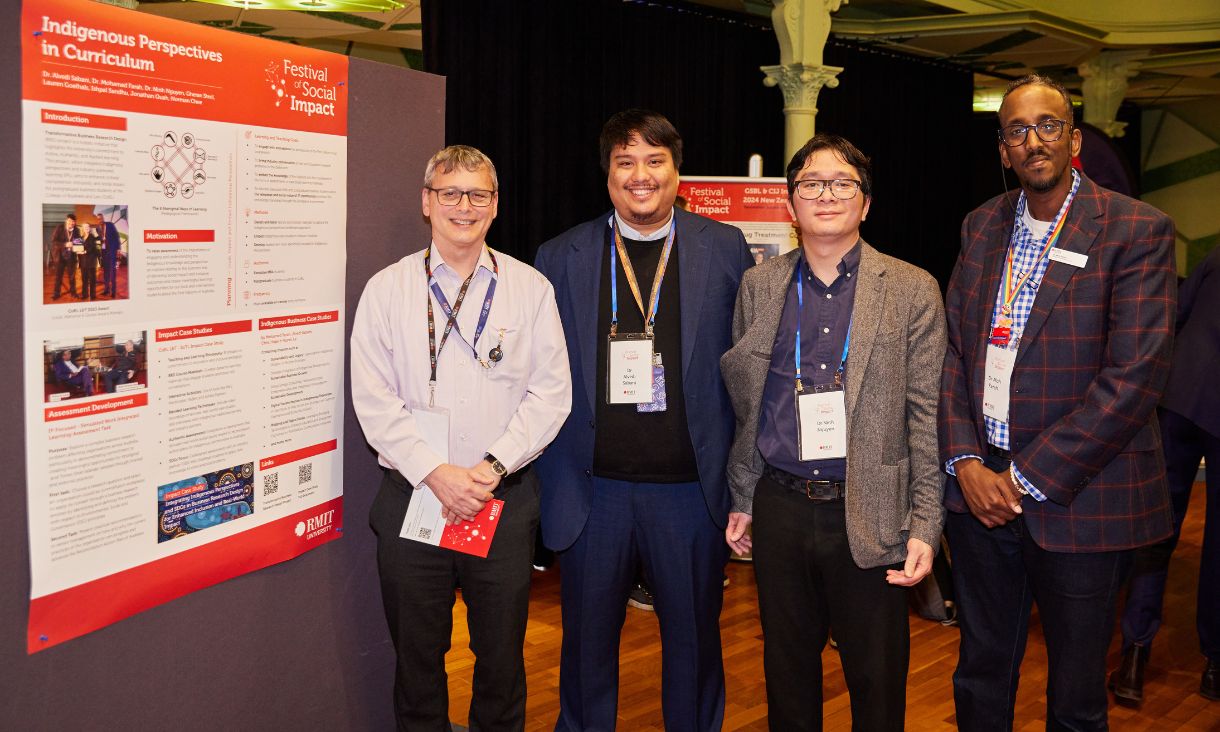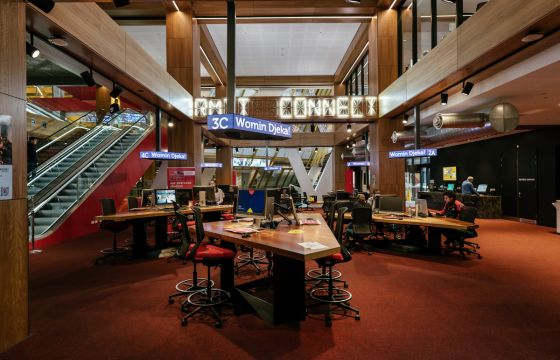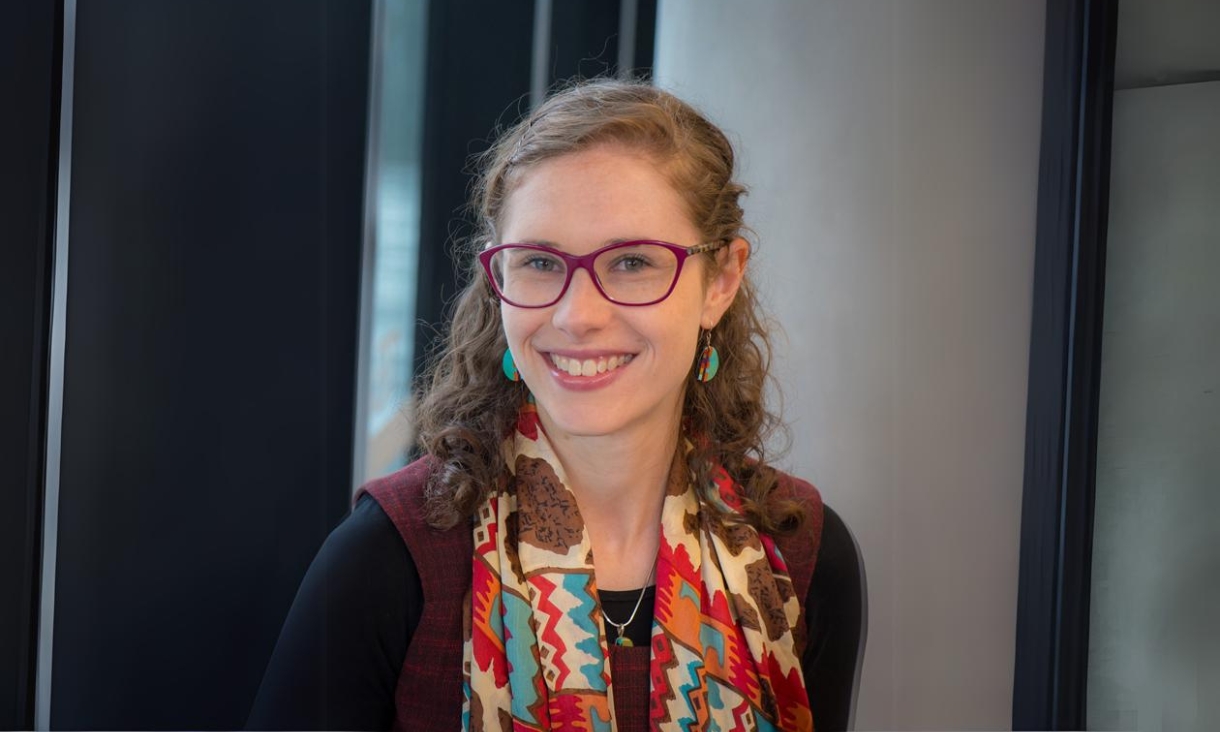The Bachelor of Fashion (Enterprise) program commenced at RMIT in 2020 after two years of development with intensive engagement with the fashion industry. The goal of the new program was to become a leader in fashion business education in Australia by introducing an ecosystem of industry partnered learning (IPL) into fashion industry-specific and broader creative programs at RMIT.
The program, using research-led strategies, champions IPL through a strategic fusion of staggered work integrated learning (WIL) activities and career development learning (CDL) components within the Product Development (PD) stream courses. Students undertake one PD course a year, with each course building on the previous to gradually develop career readiness in students.
While some programs have utilised WIL experience, a systematic and scaffolded pedagogical approach of IPL collaborations with a multitude of high-profile industry partners such as HUGO BOSS, Caprice Australia, SA1NT and Le Specs is unheard of in a fashion business program in Australia.
This alone shaped the program to be a leader in fashion enterprise education.
But they didn’t stop there. The team have taken the partnerships one step further by heavily involving industry partners in the development of lectures and learning materials for the PD courses. This helped to shape the courses’ teachings to industry standard, creating alignment with current industry practice and fostering authentic industry engagement for students.
From second year of the program, students have the opportunity to gain internships with industry partners who offer internships every semester to RMIT students. The prospect of interning with a big-name brand in the fashion industry could be incredibly daunting, but thankfully the students in this program are well prepared for the task from first year.
Product Development (PD) stream structure
A key focus in developing the program was to ensure graduates are career ready to enter industry, with the agility to tackle the fashion industry and its fraught and competitive nature.
The fashion industry faces increasing criticism for being the second largest contributor to global warming and future graduates are expected to be adaptable to the challenges and opportunities this presents.
In first year of the PD stream, students start developing specialised skills to work with materials and product manufacturing, alongside contemporary social and professional skills including problem solving, communication, leadership and lifelong learning. Developing these skills within students not only prepares them for the challenges and opportunities of this dynamic and disruptive industry, it also presents graduates with an edge over other entrants into a highly competitive and saturated field.
Students have the unique privilege of learning this and more from industry speakers from brands such as Sussan and Stafford and visiting the RMIT textile laboratory for a hands-on approach to learning the basics of fibres and fabrics, the fashion industry supply chain and the impacts everyday situations have on product offerings.






